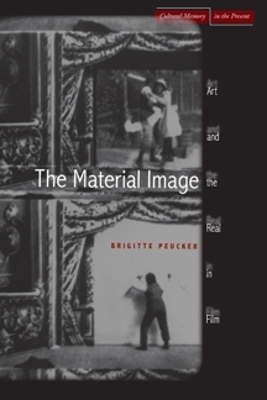Cultural Memory in the Present
1 total work
Focusing on intermediality, The Material Image situates film within questions of representation familiar from the other arts: What is meant by figuring the real? How is the real suggested by visual metaphors, and what is its relation to illusion? How is the spectator figured as entering the text, and how does the image enter our world? The film's spectator is integral to these concerns. Cognitive and phenomenological approaches to perception alike claim that spectatorial affect is "real" even when it is film that produces it.
Central to the staging of intermediality in film, tableaux moments in film also figure prominently in the book. Films by Scorsese, Greenaway, Wenders, and Kubrick are seen to address painterly, photographic, and digital images in relation to effects of the real. Hitchcock's films are examined with regard to modernist and realist effects in painting. Chapters on Fassbinder and Haneke analyze the significance of tableau for the body in pain, while a final chapter on horror film explores the literalism of psychopathic tableau. Here, too, art and the body—images and the real—are juxtaposed and entwined in a set of relations.
